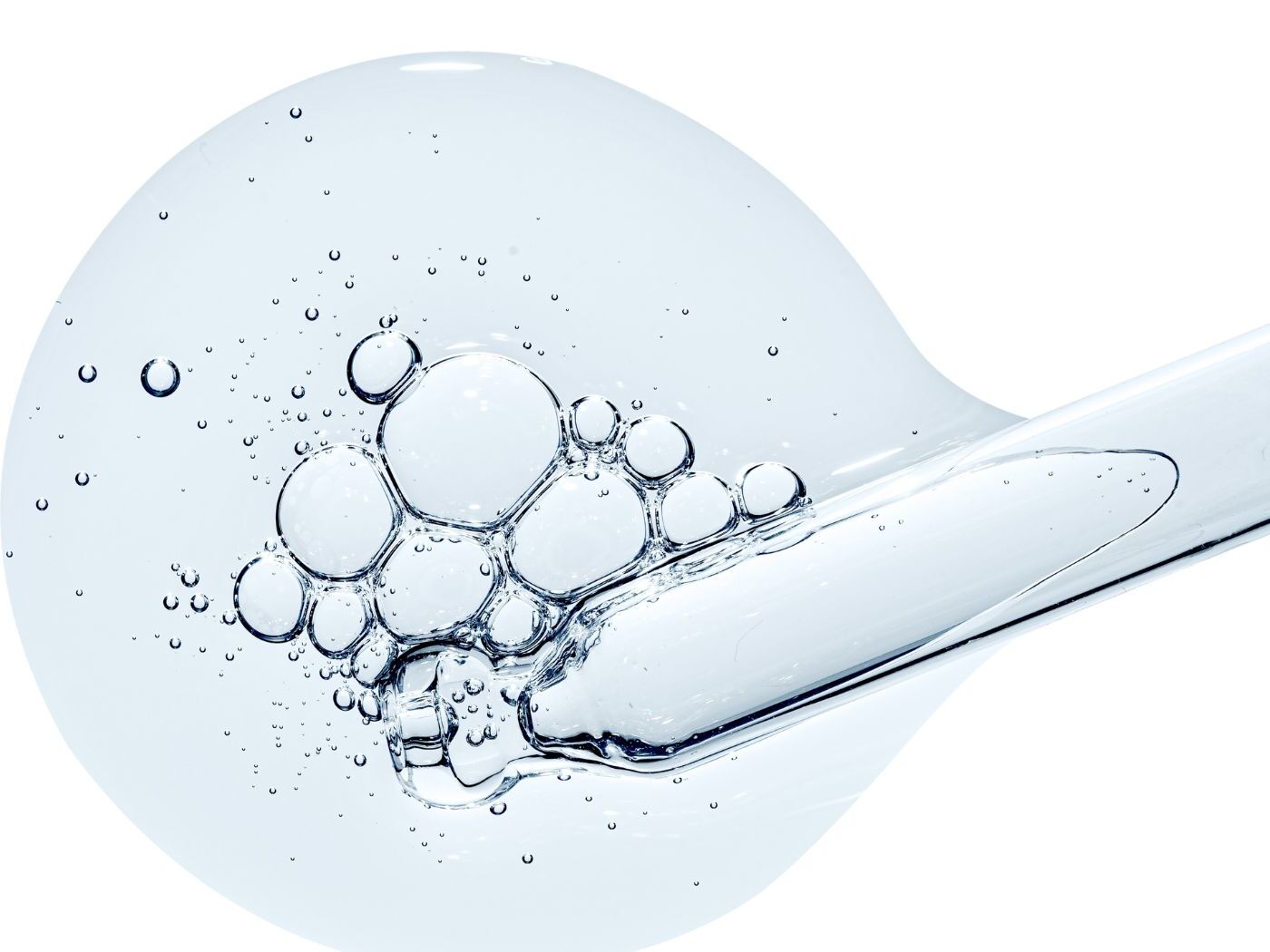
What is squalene? Squalene is a natural organic compound found in shark liver oil, olive oil, and even human skin. This fascinating substance plays a crucial role in the production of cholesterol, hormones, and vitamin D. Why is squalene important? It acts as a powerful antioxidant, protecting cells from damage and boosting the immune system. Where can you find squalene? Besides sharks and olives, squalene is present in amaranth seed, rice bran, and wheat germ. How is squalene used? It's a popular ingredient in cosmetics and vaccines due to its moisturizing and immune-enhancing properties. Is squalene safe? Generally, yes. However, sourcing it sustainably is vital to avoid harming shark populations. Dive into these 50 facts to learn more about this incredible compound!
Key Takeaways:
- Squalene, found in plants and animals, offers health benefits and is used in skincare. However, its extraction from sharks raises environmental concerns, leading to a shift towards sustainable and synthetic sources.
- Squalene, a natural compound, has antioxidant properties and is beneficial for skin health. Its use in cosmetics and supplements is popular, but the overfishing of sharks for squalene extraction has raised environmental issues.
What is Squalene?
Squalene is a natural organic compound found in various plants and animals. It plays a crucial role in the biosynthesis of steroids. Here are some fascinating facts about squalene:
- Squalene is a hydrocarbon and a triterpene.
- It was first isolated from shark liver oil in 1916.
- The name "squalene" comes from the Latin word for shark, "squalus."
- Humans produce squalene in their liver.
- Squalene is a precursor to cholesterol.
- It is found in high concentrations in olive oil.
- Squalene is also present in amaranth seed, rice bran, and wheat germ.
- It is used in cosmetics for its moisturizing properties.
- Squalene is an antioxidant.
- It helps protect skin from UV radiation.
Health Benefits of Squalene
Squalene offers numerous health benefits, making it a popular ingredient in supplements and skincare products. Let's explore some of these benefits:
- Squalene boosts the immune system.
- It has anti-inflammatory properties.
- Squalene can improve skin elasticity.
- It helps in wound healing.
- Squalene reduces the appearance of fine lines and wrinkles.
- It can lower bad cholesterol levels.
- Squalene supports heart health.
- It may have anti-cancer properties.
- Squalene can improve liver function.
- It helps in detoxifying the body.
Squalene in Skincare
Squalene is a popular ingredient in many skincare products due to its hydrating and anti-aging properties. Here are some interesting facts about its use in skincare:
- Squalene is non-comedogenic, meaning it won't clog pores.
- It mimics the skin's natural oils.
- Squalene is suitable for all skin types.
- It helps to balance oil production.
- Squalene can soothe irritated skin.
- It enhances the absorption of other skincare ingredients.
- Squalene is lightweight and fast-absorbing.
- It can be used as a carrier oil for essential oils.
- Squalene helps to maintain the skin's barrier function.
- It can reduce redness and inflammation.
Sources of Squalene
Squalene can be sourced from both animals and plants. Here are some common sources:
- Shark liver oil is a traditional source of squalene.
- Olive oil is a rich plant-based source.
- Amaranth seed oil contains high levels of squalene.
- Rice bran oil is another plant-based source.
- Wheat germ oil also contains squalene.
- Squalene can be synthesized from sugarcane.
- Some fungi produce squalene.
- Squalene is found in small amounts in human sebum.
- It is also present in palm oil.
- Squalene can be extracted from certain algae.
Environmental Impact of Squalene
The extraction of squalene, especially from sharks, has raised environmental concerns. Here are some facts about its environmental impact:
- Overfishing of sharks for squalene has led to a decline in shark populations.
- Plant-based squalene is a more sustainable option.
- Synthetic squalene can be produced in laboratories.
- The cosmetic industry is shifting towards plant-based and synthetic squalene.
- Sustainable harvesting practices are being developed for squalene extraction.
- Some companies are using biotechnology to produce squalene.
- The use of plant-based squalene reduces the pressure on marine ecosystems.
- Consumers are becoming more aware of the environmental impact of squalene.
- Certification programs ensure sustainable sourcing of squalene.
- Supporting sustainable squalene sources helps protect marine life.
The Final Word on Squalene
Squalene, a fascinating compound, plays a crucial role in both nature and industry. Found in shark liver oil, olives, and even human skin, it’s a natural moisturizer and antioxidant. This compound’s versatility extends to cosmetics, vaccines, and even cancer research. Despite its benefits, ethical concerns arise from sourcing it from sharks, leading to a push for plant-based alternatives.
Understanding squalene’s impact on health and the environment helps make informed choices. Whether you’re looking for skincare products or interested in its medical applications, knowing these facts can guide better decisions. Keep an eye on labels and opt for sustainable sources when possible. Squalene’s story is a reminder of how interconnected our choices are with the world around us. Stay curious, stay informed, and make choices that benefit both you and the planet.
Frequently Asked Questions
Was this page helpful?
Our commitment to delivering trustworthy and engaging content is at the heart of what we do. Each fact on our site is contributed by real users like you, bringing a wealth of diverse insights and information. To ensure the highest standards of accuracy and reliability, our dedicated editors meticulously review each submission. This process guarantees that the facts we share are not only fascinating but also credible. Trust in our commitment to quality and authenticity as you explore and learn with us.
